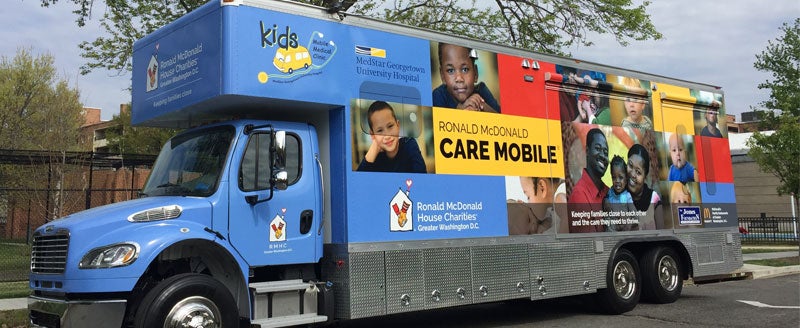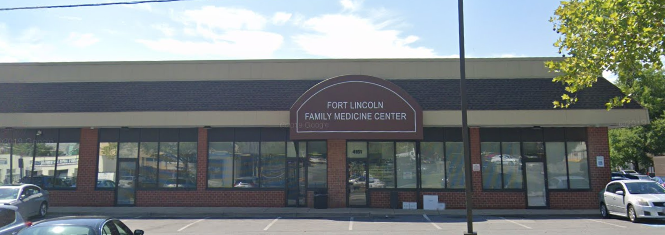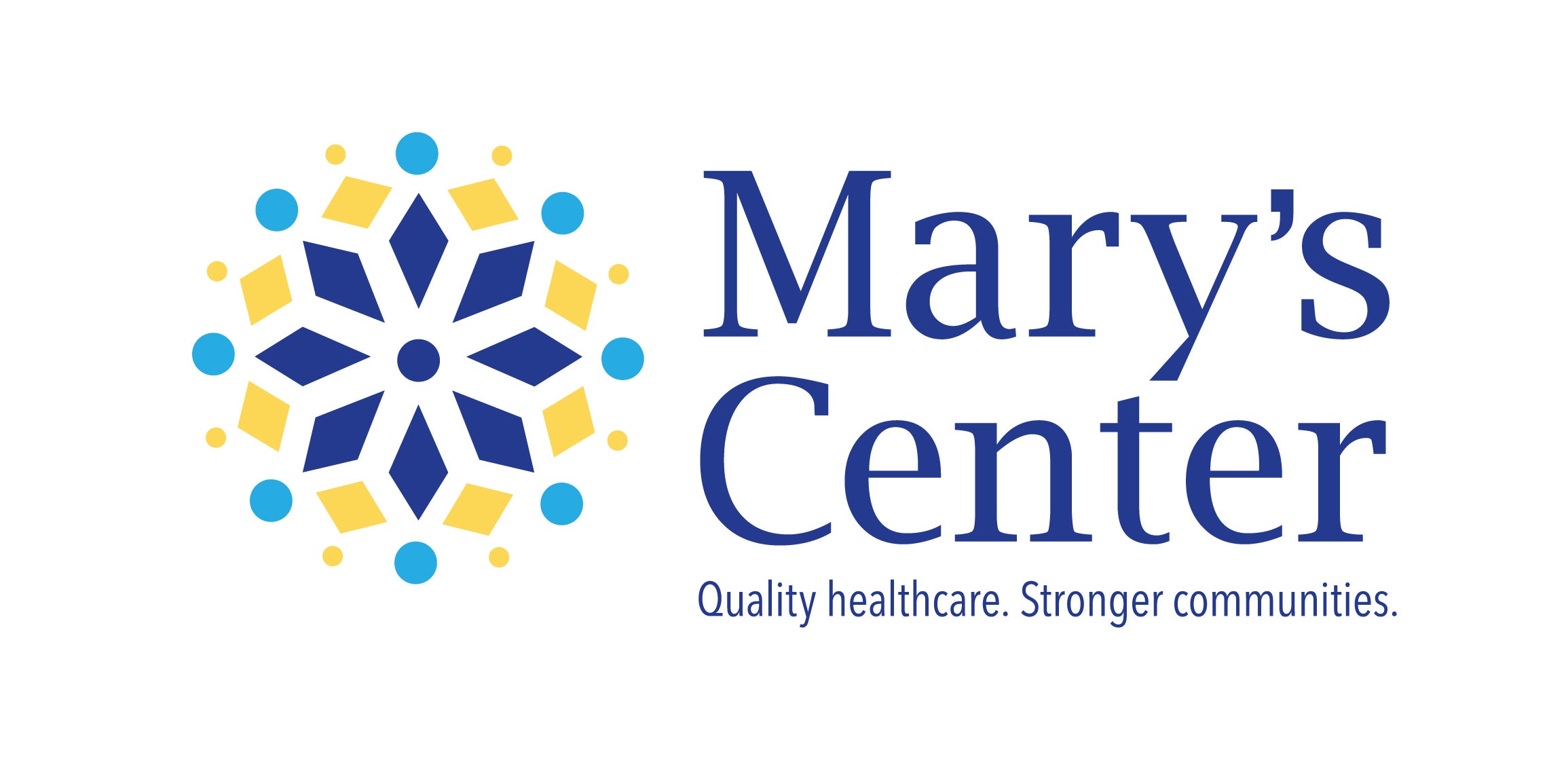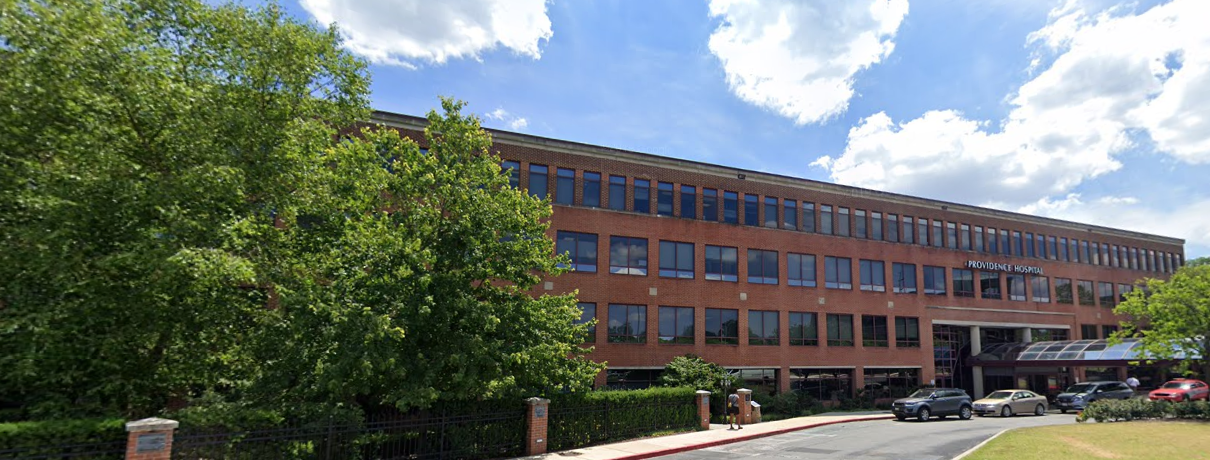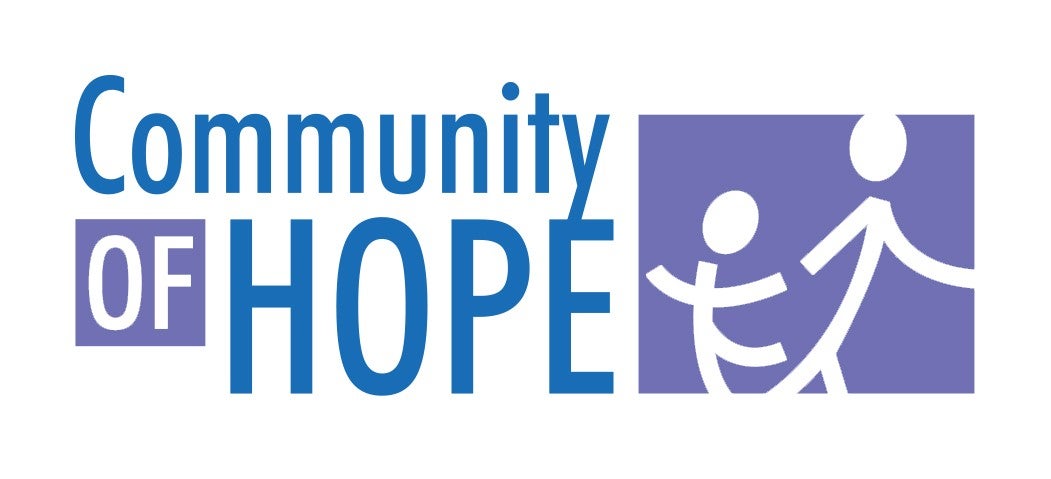Our Mission
Cultivating an appreciation for the scope of primary care through longitudinal care for underserved communities.
Our Goal
The goal of the Primary Care Leadership Track (PCLT) is to provide opportunities for students to gain an appreciation for the importance of primary care through chronic disease management in underserved communities, primary care research, mentorship, and leadership development. Students will be paired with a primary care faculty mentor for a clinical experience where they will follow a patient longitudinally, and a research mentor to carry out a research project on a topic relevant to primary care.
Track Objectives
- Students will demonstrate:
- Improved understanding of primary care’s role in the healthcare system as well as of the scope, importance, and complexity of primary care
- Improved cultural competence, social empathy, and attitudes towards underserved communities
- Students will develop:
- Clinical skills through longitudinal clinical underserved experiences
- Community engagement skills through longitudinal underserved community-based experiences
- Mentorship skills through longitudinal multi-level inter-professional mentor/mentee relationships
Yearly Track Requirements
- Year 1
- Orientation
- Primary Care Primer
- Summer between Year 1 and Year 2
- AHEC Core Topics Didactics: 1-3 hours weekly
- Community-Based Leadership project: 1 half-day weekly
- Clinical work at longitudinal site: 2-3 half-days weekly
- Pathway student mentorship: 1-3 hours weekly
- Summer research: 8 hours weekly
- Summer Research Capstone Presentations
- Year 2
- 2 half-days at longitudinal clinical site
- 2 Community-Based Learning sessions
- 2 half-days of dedicated track activities during Journeys I
- Year 3
- Family Medicine or Pediatrics clerkship at longitudinal site
- 2 additional half-days at longitudinal clinical site
- 2 Community-Based Learning sessions
- 2 half-days of dedicated track activities during Journeys II
- Year 4
- Elective in health policy or advocacy
- Includes 2-3 half days per week at clinical site
- 2 additional half-days at longitudinal clinical site
- 2 Community-Based Learning sessions
- Elective in health policy or advocacy
AHEC Scholar Requirements
All PCLT clinical sites are designated DC Area Health Education Center (AHEC) sites, which provide health care for underserved communities. DC AHEC’s mission is to “enhance access to quality health care, particularly primary and preventive care, by improving the supply and distribution of healthcare professionals.” By virtue of their participation in the PCLT’s clinical, didactic, and community-based learning curriculum, all track students will also meet the criteria to become nationally recognized AHEC Scholars.
- Complete 40 hours per year of clinical experience in an AHEC Center or site during a 2 year period (80 hours total). PCLT students will all be placed at AHEC sites, and PCLT clinical requirements over the summer and M2-3 count towards this requirement.
- Complete 40 hours per year of didactics during a 2-year period (80 hours total) based on the 8 core AHEC topic areas (inter-professional education, behavioral health integration, social determinants of health, cultural competency, practice transformation, and connecting communities and supporting health professionals, virtual learning and tele-health, and current and emerging health issues). There are a variety of ways you can complete these hours (e.g., Primary Care Mentorship Program, Primary Care Leadership Track events, grand rounds, student interest group events, Office of Diversity, Equity, and Inclusion events, local and national primary care conferences, and online modules).
Longitudinal Components
- Ambulatory Care: each student will be assigned to one of six underserved clinical sites where they will follow a patient or family longitudinally. Students are encouraged to attend diagnostic and specialty appointments with their patient(s) whenever possible.
- Community-Based Learning (CBL): each student will participate in a longitudinal CBL project working with one of the following populations: at-risk youth, elderly, disabled, food insecure, or housing insecure.
- Faculty and Resident Mentorship: each student will meet biannually with their faculty mentor, monthly with a resident mentor,and have additional opportunities to meet other primary care faculty and residents at social events.
- Peer Mentorship: each student will develop mentorship relationships with junior PCLT students as they progress through the track, along with primary care pathway students in the GEP (high school), CORE/ARCHES (college) and GEMS (post-baccalaureate) programs.
- Didactics: students will be required to attend didactic sessions on the 8 AHEC Core Topics.
Clinical Sites
Core Faculty
- Aaron Gerstenmaier, MD at Community of Hope, Family Medicine
- Grace Walter, MD at Community of Hope, Family Medicine
- Scott Royal, MD at Mary’s Center, Pediatrics
- Marcy Oppenheimer, MD at Providence Family Medicine
- Janine Rethy, MD and Karen Ganacias, MD at Georgetown Community Pediatrics
- Sarah Kureshi, MD at MedStar Health Primary Care at Fort Lincoln, Family Medicine
- LaTasha Seliby-Perkins, MD at MedStar Health Primary Care at Fort Lincoln, Family Medicine
- Michelle Roett, MD at MedStar Health Primary Care at Fort Lincoln
- Emily Zucker, MD at Unity Health Care, East of the River Health Center, Family Medicine
Contact
For additional information about the track:
- Download the track’s brochure
- Contact Track Leadership:
- Track Coordinator: Kima Oudit (ko627@georgetown.edu)
- Track Director: Kathryn Hart, MD (kathryn.hart@georgetown.edu)
